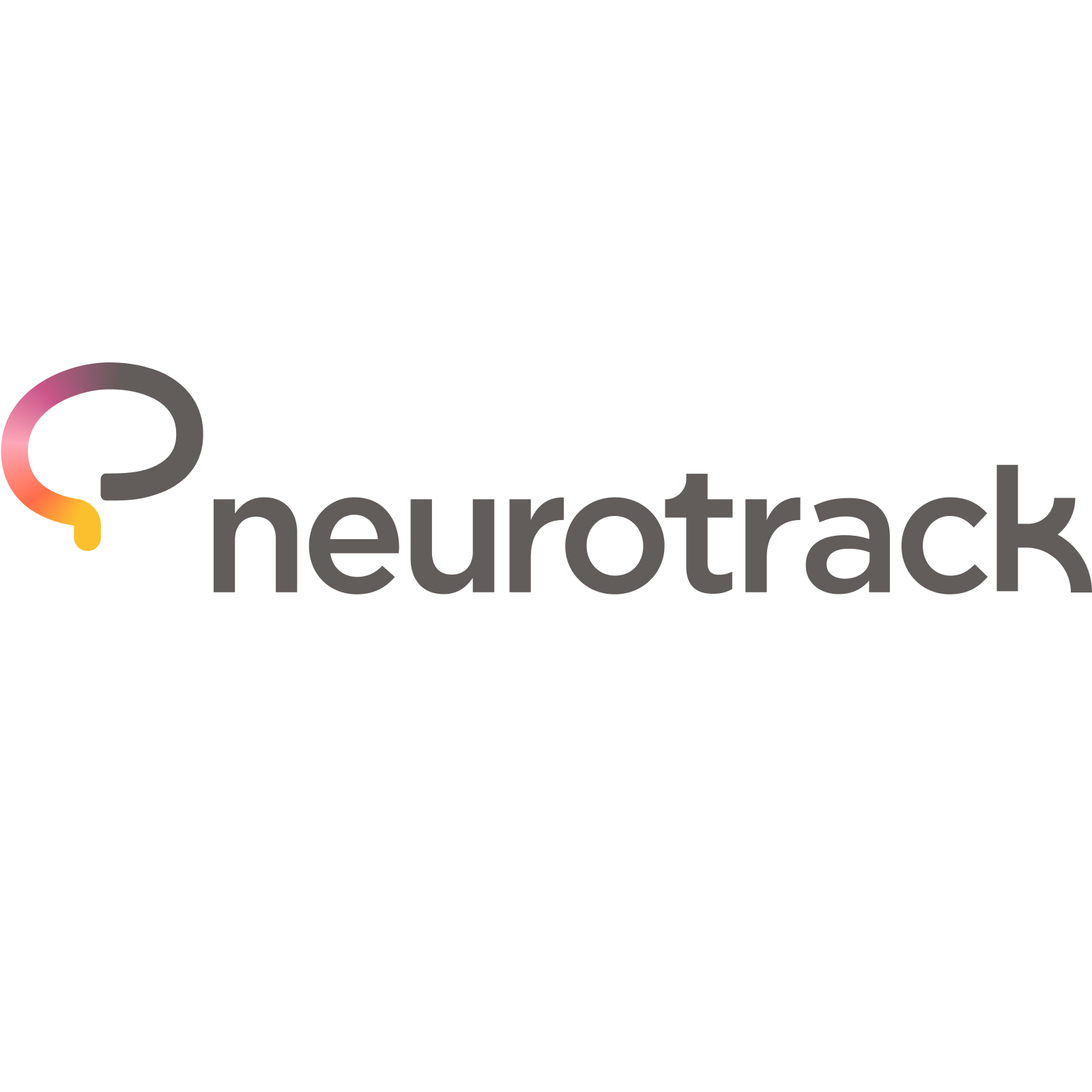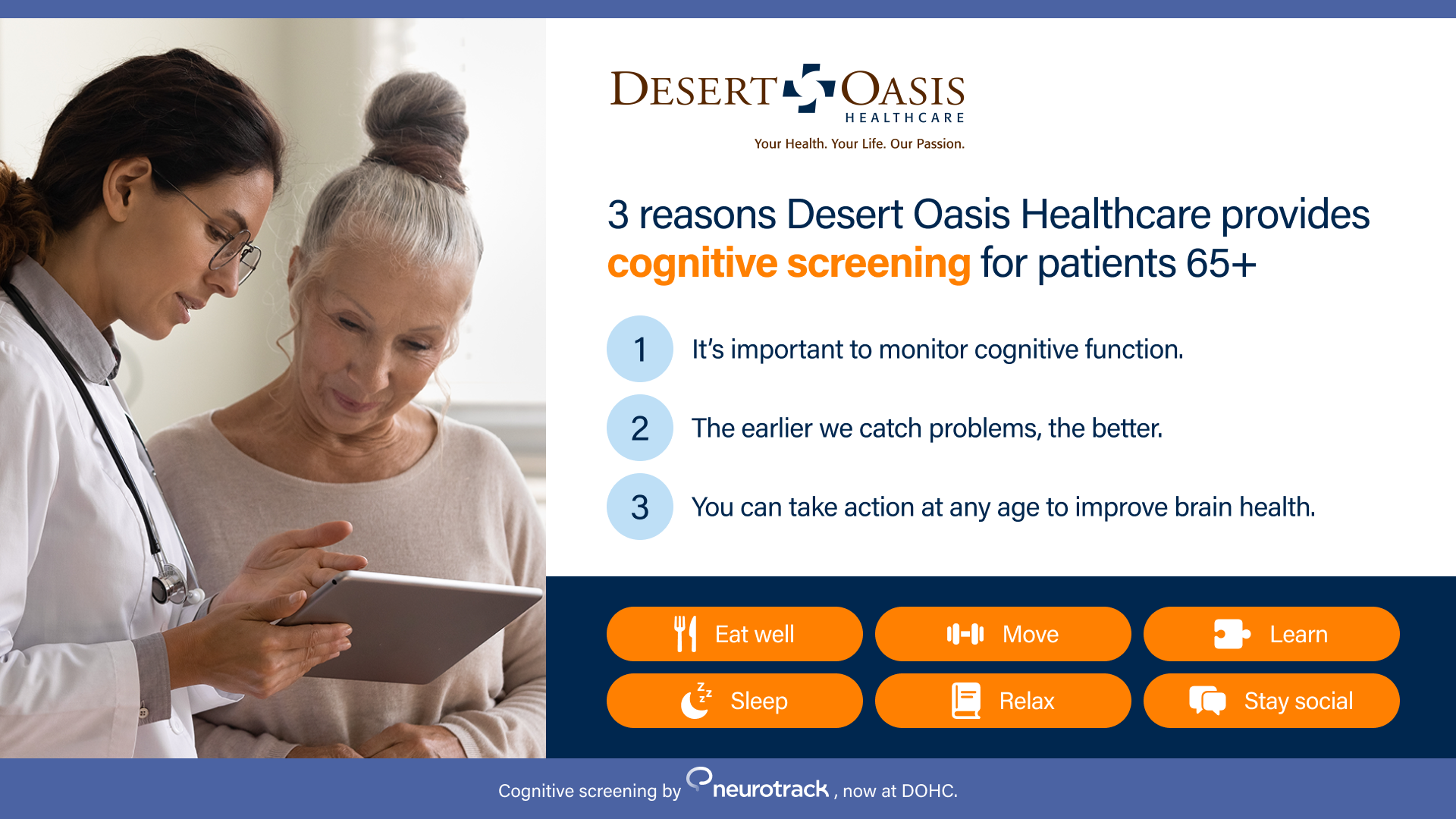

At Neurotrack, we’re committed to helping healthcare leaders integrate scalable, digital tools into primary care to support early detection of Alzheimer's, dementia, and other neurocognitive disease. That’s why we’re proud to highlight the recent success announced by Desert Oasis Healthcare (DOHC) in Palm Springs, California, where Neurotrack’s digital assessment has become a key component of routine wellness visits for adults 65 and older. DOHC is a collaborating and participating partner with SCAN Health Plan on its Davos Alzheimer’s Collaborative Early Detection Fellowship Program intended to design, build, implement and share best-in-class dementia care strategies and resources for communities across the globe.
Highlights from the initiative:
- Streamlined workflows
By replacing cumbersome pen-and-paper tests with this digital tool, providers are saving up to 10 minutes per patient and benefitting from the clarity of instant, objective results. - Proactive care for a community
Neurotrack's efficient, accessible, patient-friendly platform makes it possible to screen this diverse, senior-dense population at scale, in English and in Spanish, ensuring that fewer vulnerable patients will slip through the cracks and more will get connected to the care they need. - Improved detection
Working with Neurotrack helped DOHC improve their dementia detection rate by 29% just four months after the program launched.
“As a medical group deeply rooted in a community where one in three residents is a senior, we see firsthand the impact of cognitive decline on families. By integrating Neurotrack’s screening into routine visits, we’re catching issues earlier, easing the burden on specialists, and giving our patients the clarity and support they need at a critical time. This is preventive care in action - and it’s exactly the kind of forward-thinking solution our community deserves,” said Brian Hodgkins, PharmD and Executive VP of Clinical Operations at Desert Oasis Healthcare.
Leading the way in cognitive health
DOHC’s initiative is a strong example of how healthcare organizations can lead the way in proactive, technology-supported cognitive care. We're excited to power their efforts and look forward to helping more providers implement strategies like these to transform the way they detect and treat dementia.




